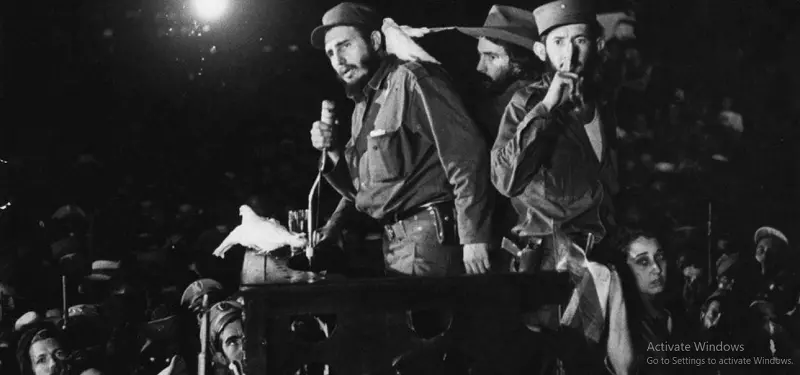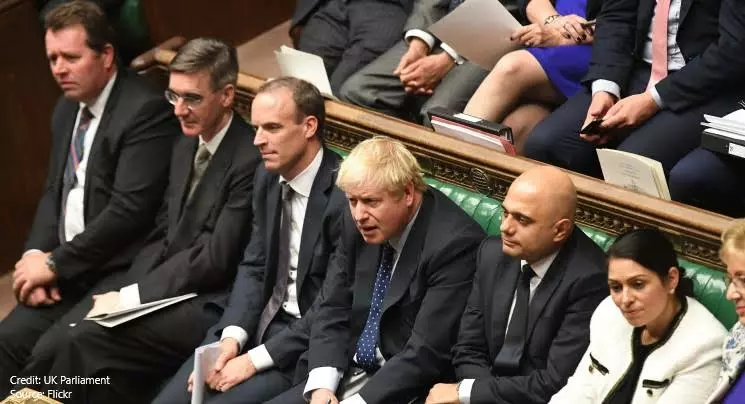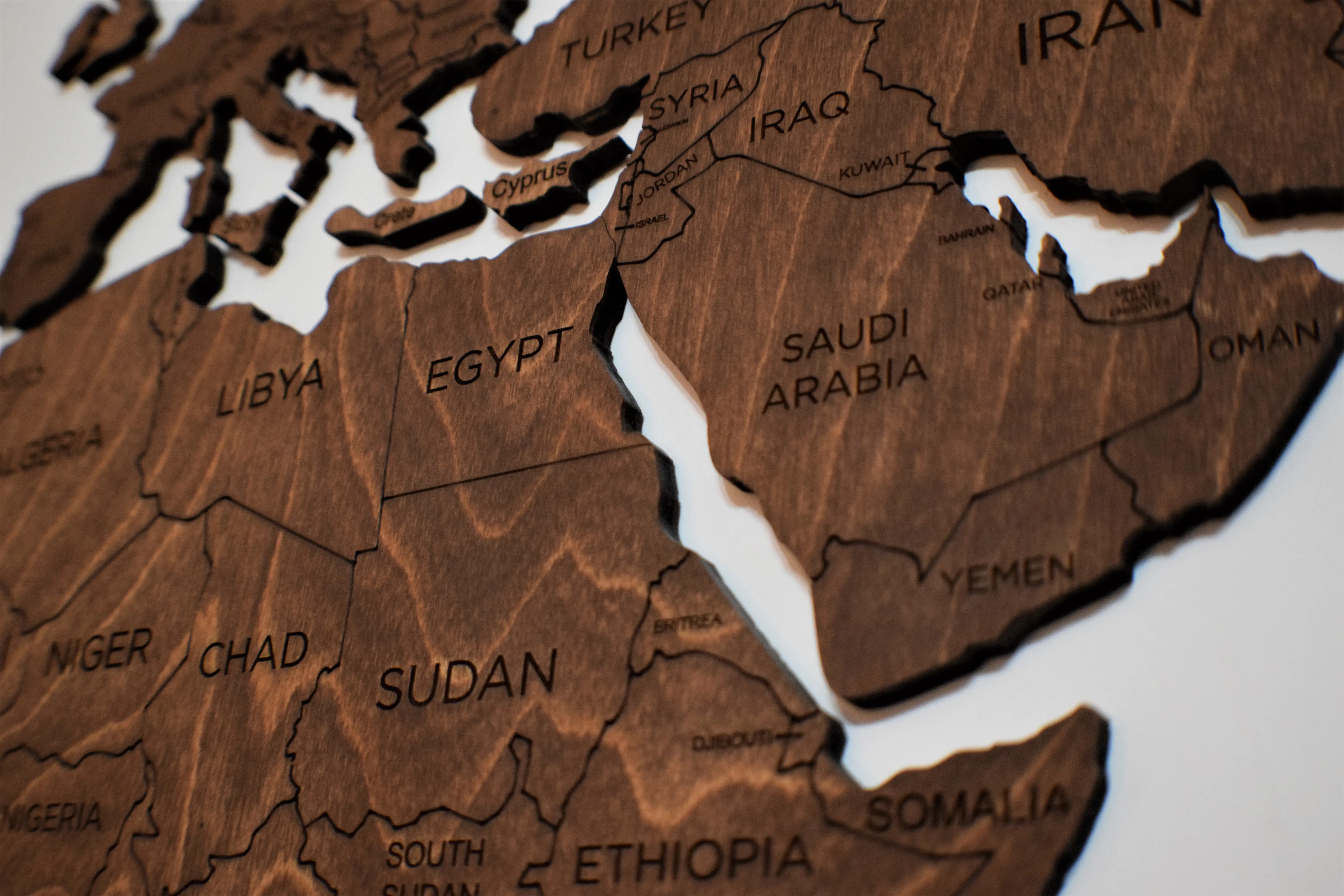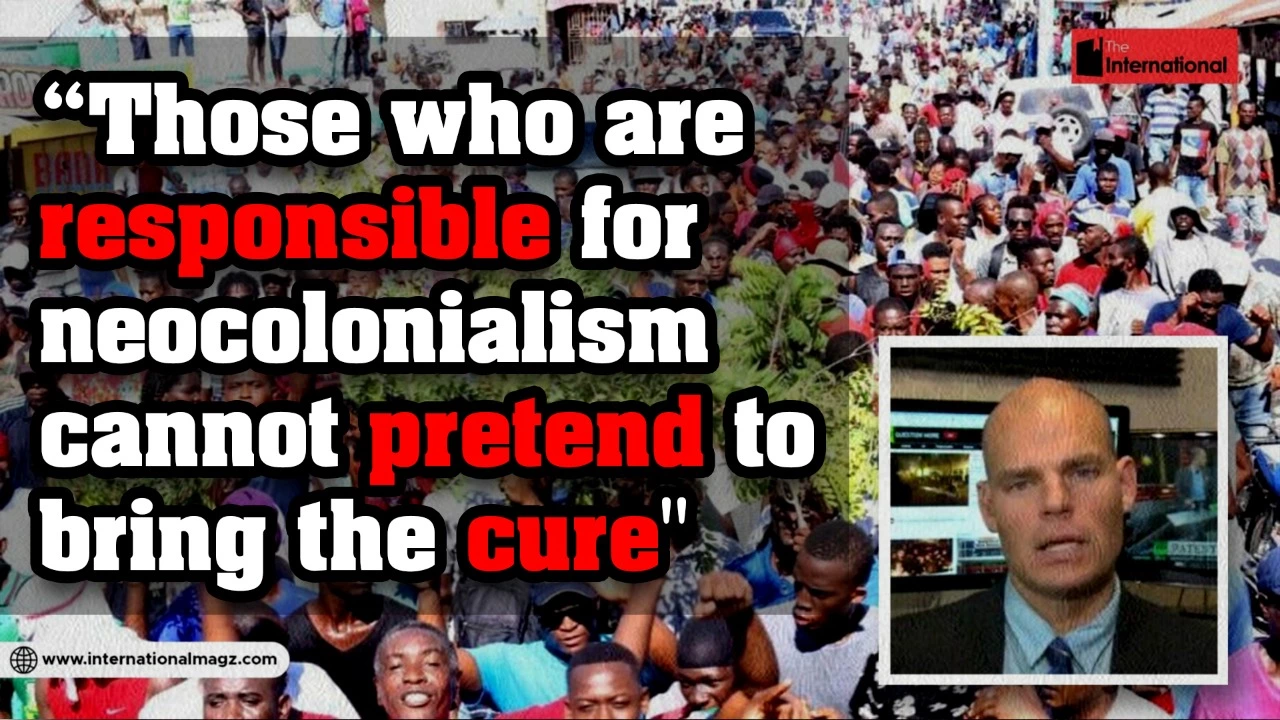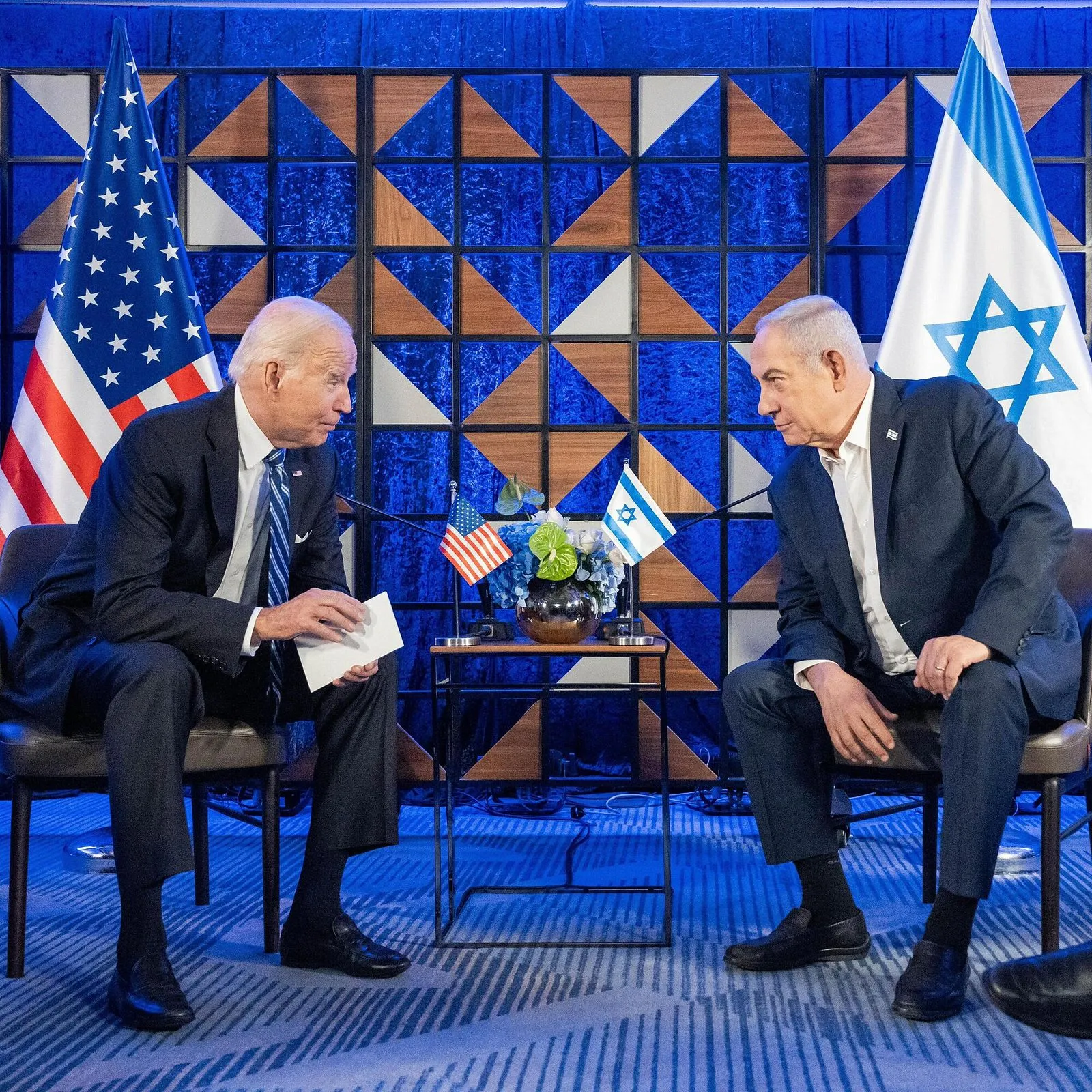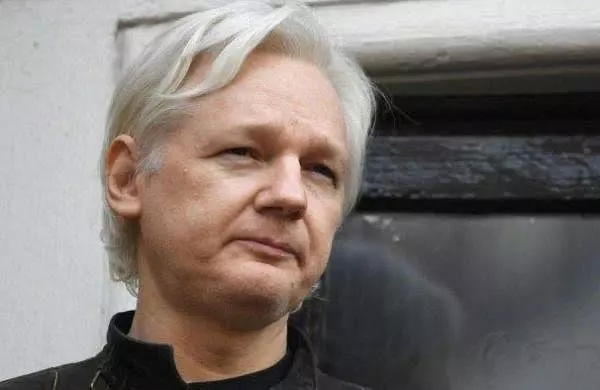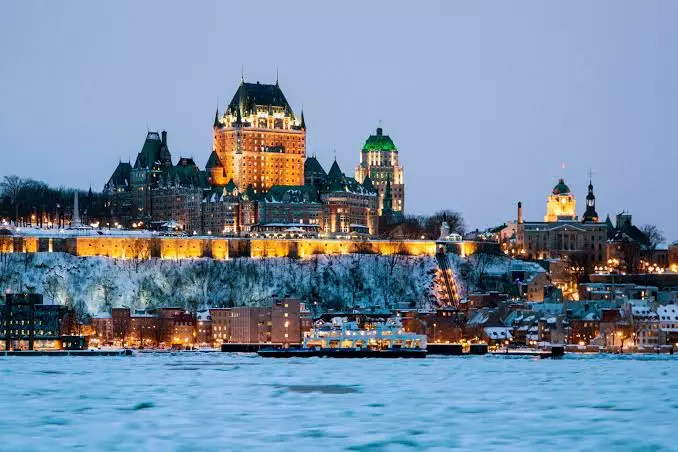Cuba has been witnessing anti-government protests since July 11, 2021. Several objective factors account for these demonstrations. Cuba is experiencing its greatest economic crisis in 30 years. The devastating effects of the Covid-19 pandemic on the country’s tourism-dependent economy, coupled with criminal sanctions and blockade, have caused real hardship for the Cuban people.
A decline in foreign visitors caused a loss of around $3 billion in 2020. Barring a modest recovery in China, the rest of Cuba’s trading partners have fallen into economic recession. This full-scale emergency has severely depleted the country’s monetary reserves. Supplies of basic necessities, including food and medicine, have been severely strained.
The capitalist class has chosen to spew crude propaganda about Cuba. On July 15, 2021, President Joe Biden set the tone for imperialist discourse: “Cuba is unfortunately a failed state and repressing their citizens…Communism is a failed system - a universally failed system.” Such reductive and ahistorical remarks serve a singular function: subversion of Cuba’s revolutionary process.
Revolution:
Under the yoke of imperialism, Cuba was impacted by the African slave trade and the inhumanity of white supremacy. In its efforts to conquer Spain’s Caribbean colonies, the US tried to gain influence in Cuba as a means to further capitalize on the slave trade. The American ruling class continued to smuggle slaves through Cuba after the Civil War.
These murderous policies hardened into a steely, merciless regime of economic exploitation. By 1959, US corporations controlled 75% of arable land, 100% of oil refineries, and 90% of all telecommunications. Mass destitution, illiteracy, malnutrition, racism and patriarchy became the centerpiece of Cuba’s colonial economy, designed to serve foreign capitalists and their native stooges.
The Cuban revolution freed the island from the darkness of neo-colonialism and capitalism. Fluid bonds of liberation sprouted from the tenacious hands of less than a 100 Cubans who decided to wage guerrilla warfare in the countryside to undercut the repressive machinery of Fulgencio Batista’s dictatorship.
Revolutionary guerillas served the people with necessary medical treatment and literacy training, forging deep links with the oppressed masses and providing an alternative to a reactionary, brutal social system. There was only one hospital of 10 beds in the countryside and over a quarter of the population was illiterate prior to the revolution.
The potent and emancipatory mix of social work and militant organization crafted the fabric of counter-hegemony, concluding in a general strike days before the revolution that ousted the US-backed government from the nation.
After the triumph of the revolution, Fidel and the core of the guerrilla army embarked on a long victory rally, from Santiago to Havana. The march was halted by speeches, salutations, meetings, and other ceremonies. By the time Fidel arrived in Havana, on January 8, 1959, the Rebel Army had come to power across all of Cuba.
A national hero was welcomed by an ecstatic crowd, while the new government took office. Castro spoke to a jubilant audience of sympathizers, emphasizing the need for revolutionary unity. As he was finishing his speech, a white dove settled on his shoulder - symbolizing the central message of Cuba’s socialist people: worldwide peace.
The imperialists did not heed the ideas of the Cuban Revolution but instead, chose to wage a brutal war of blockades and destabilization against the country. However, these revolutionaries could not be eliminated easily. As Fidel remarked:
“When people are united and are defending a just right, they can trust their own energies. We are not, as we have been pictured, a mere group of men governing the country. We are a whole people governing a country - a whole people firmly united, with a great revolutionary consciousness, defending its rights. And this should be known by the enemies of the revolution and of Cuba, because if they ignore this fact, they will be making a regrettable error.”
Internationalism:
To protect its revolution, Cuba formed a global support base. Cuban internationalists provided assistance in many ways: as special envoys, trusted advisers, military instructors and medical specialists. Between the 1960s and the 1990s, a group of high-level political observers and counselors worked as diplomats and undercover agents.
They maintained direct relationships with Latin America’s insurgent generations. These individuals belonged to the Departamento América, an organization under the leadership of Manuel Piñeiro - a close personal friend of Fidel Castro and Che Guevara, and one of Raúl Castro’s comandantes during the revolt against Batista.
During Latin America’s long decades of military dictatorship, Cuba gave shelter to persecuted dissidents and refugee exiles. It served as the political and medical recovery house for thousands of wounded or crippled guerrilla fighters and other rebels in their own countries.
Cuba always remained loyal to those who had taken up weapons to struggle against colonialism and for independence. Despite its relatively small population, Cuba’s military participated in African liberation wars and its special forces trained guerrilla and resistance movements in many countries.
After the disintegration of the Soviet Union and the dissolution of the Council for Mutual Economic Assistance (COMECON), many of Cuba’s military facilities that supported the guerrilla movements were considerably reduced. During the “Special Period”, Cuba survived with great difficulties, but it never ceased to provide medical assistance to the poor and disadvantaged.
Cuba never stopped fulfilling its internationalist commitments, continuing to send medical brigades to poor regions in Latin America, the Caribbean and Africa. It also provided emergency assistance in natural disasters and its literacy experts went on civilian missions. Direct support to the guerrilla was replaced by networks of mutual support among friendly governments.
Cuba found a strong ally in Hugo Chávez’s Venezuela, whose government proclaimed the dawn of “socialism of the 21st century”. Cuba and Venezuela founded a regional grouping with a common ideological vocation: the Bolivarian Alliance for the Peoples of Our America (ALBA). After 2000, the two leading countries cooperated in developing medical and literacy campaigns in many Global South countries.
Peace:
In opposition to the discourse of interventionism, President Miguel Diaz-Canel has carried forward the historical force of the Cuban Revolution, vowing to defend the country from outside interference. On July 17, 2021, he stated:
“In the previous weeks, an intense political-communication operation was developed by a large media intoxication platform, financed by the United States Government and by the Florida political machinery. Its objective was to encourage unrest and instability in the country, taking advantage of the difficult conditions caused by the pandemic, the intensified blockade and the 243 measures of the Trump administration. In those days they carried out acts of Unconventional Warfare that included calls for social outbreak, violence, assault on police officers, vandalism and sabotage.”
His recognition of the difficult economic realities indicates the transparent approach of Cuban leaders. Instead of obfuscating the material situation, the socialist government has spoken to the people, listened to their grievances and tried to devise solutions. These practices are linked to a political-ethical project. As Canel expressed, “We are going to put our hearts into Cuba - together we can - because Cuba is love, peace, and solidarity.”
(Yanis Iqbal is an independent researcher and freelance writer based in Aligarh, India and can be contacted at yanisiqbal@gmail.com)
